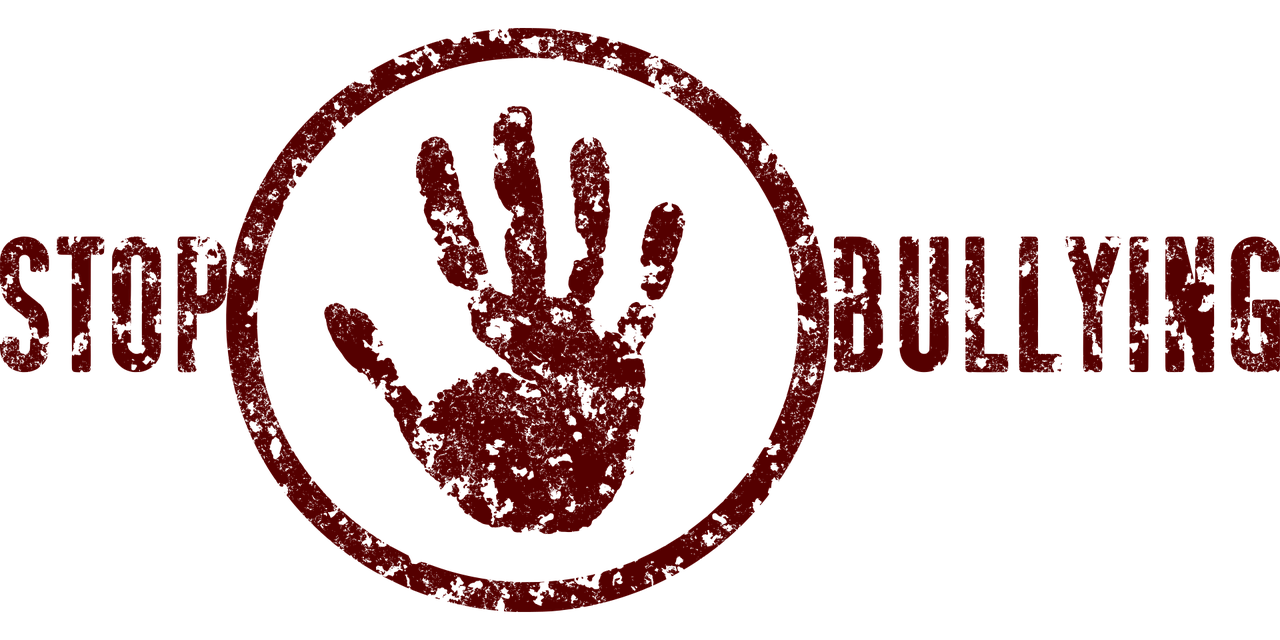We have all heard of the term bullying before. It is not a new concept; it has been around in some form for all our lives. Odds are that you have encountered it or know someone who has. Just like everything else bullying has evolved to fit the age and technology that we now have at our fingertips. Your kids are going to deal with a type of bullying that may seem similar to your experience but is also vastly different. My goal is to create a series of blogs to help bring awareness to the issue of bullying, how it affects a child’s mental health, how parents can help their child who is experiencing bullying, and finally what we can do as a society to help decrease this issue. This blog will be all about what bullying is and what you need to know that your child will not tell you about their experience of bullying.
 Let’s talk about the change that has happened when it comes to bullying in the last 20-25 years. What is commonly thought of as bullying if someone is asked is the large kid picking up the small kid and pinning them to a locker, swirlies or wedgies, passing notes, and gossiping in class. This is what bullying used to be 20-25 years ago. Bullying would occur at school or the neighborhood but then your child could come home and be safe from it at home. IF something embarrassing happened and everyone was talking about it give it a week and they will all forget about it. Then in comes technology and social media. Suddenly bullies can access kids anywhere they want. Why wait for school the next day when they can just text or snapchat to continue the behavior. That haven of safety is gone for those who are bullied. It’s important to recognize this because even if you care deeply about your child, they could be bullied without your knowledge.
Let’s talk about the change that has happened when it comes to bullying in the last 20-25 years. What is commonly thought of as bullying if someone is asked is the large kid picking up the small kid and pinning them to a locker, swirlies or wedgies, passing notes, and gossiping in class. This is what bullying used to be 20-25 years ago. Bullying would occur at school or the neighborhood but then your child could come home and be safe from it at home. IF something embarrassing happened and everyone was talking about it give it a week and they will all forget about it. Then in comes technology and social media. Suddenly bullies can access kids anywhere they want. Why wait for school the next day when they can just text or snapchat to continue the behavior. That haven of safety is gone for those who are bullied. It’s important to recognize this because even if you care deeply about your child, they could be bullied without your knowledge.
Now you might be saying, “well why doesn’t my kid tell me that it is happening on there phone?” Think about what your immediate response would be. I can tell you mine, I would go through my child’s social media profiles, limit their time on the phone. Some parents will even take social media away entirely. However, that just punishes a child who already is getting treated poorly by their peers. Immediately they begin to question what they did wrong to get punished. Most will think it is unfair that they are punished when the person tormenting them daily is not punished. They learn that to avoid unfair punishment they must hide it and not tell you about it. Your reaction is not wrong or bad, you want to protect your kid and right now that is the only way you know how, and it might be worth more of a conversation between you and your teen to avoid the situation entirely.
 Another thing that your child may not tell you about bullying is how incredibly hard it is to ignore the bully. I know this one from experience. I could ignore the bully in person and I could not even respond to any of the social media posts and text messages. On the outside it appeared as if the bully were not affecting me; however, on the inside my mind would ruminate on what they said. I would reread the messages or post and replay the conversations at school. We know that by not giving a reaction to the bully they will eventually move on, but what happens until then? No one tells you something different from the bully, so they slowly start to believe what the bully says. The longer it takes for the ignoring technique to work, the more they begin to doubt themselves and their strength.
Another thing that your child may not tell you about bullying is how incredibly hard it is to ignore the bully. I know this one from experience. I could ignore the bully in person and I could not even respond to any of the social media posts and text messages. On the outside it appeared as if the bully were not affecting me; however, on the inside my mind would ruminate on what they said. I would reread the messages or post and replay the conversations at school. We know that by not giving a reaction to the bully they will eventually move on, but what happens until then? No one tells you something different from the bully, so they slowly start to believe what the bully says. The longer it takes for the ignoring technique to work, the more they begin to doubt themselves and their strength.
Finally, we must talk about the one thing we all know kids can struggle to share with their parents. That it would be easier to escape the bullying by attempting suicide. This may not be every child’s experience, but it is important to discuss. It can feel like there is no escape from bullying. They go to teachers, and it may stop in the classroom but then it happens in the hallways. They tell you about it and you go to administration, and honestly right now, nothing is done. The number of times I have had kids tell me that they had to sign a “no contact” contract with their bully is exhausting, the bully won’t follow it and there is no further follow up from admin. They aren’t getting help from adults in their life, and the whole time they are ruminating on the words the bully is telling them. It leads to a dangerous combination that can lead to thoughts of suicide.
Don’t worry, all hope is not lost. Now that you know what your child is facing with bullying. You can learn what signs to look out for and what you can do to help your child who is facing this issue. Keep an eye out for my next blog that will be all about these topics.
About the Author
Samantha Ruwe (she/her), M.A., LPC is a Licensed Professional Counselor who specializes in dialectical behavior therapy. She works with teens and adults in a warm, compassionate, and non-judgmental manner to help clients build a life worth living. Samantha knows that therapy can be daunting to begin and is supportive of clients at all parts of their counseling journey. Click here to learn more about Samantha’s experience and therapeutic approach.

